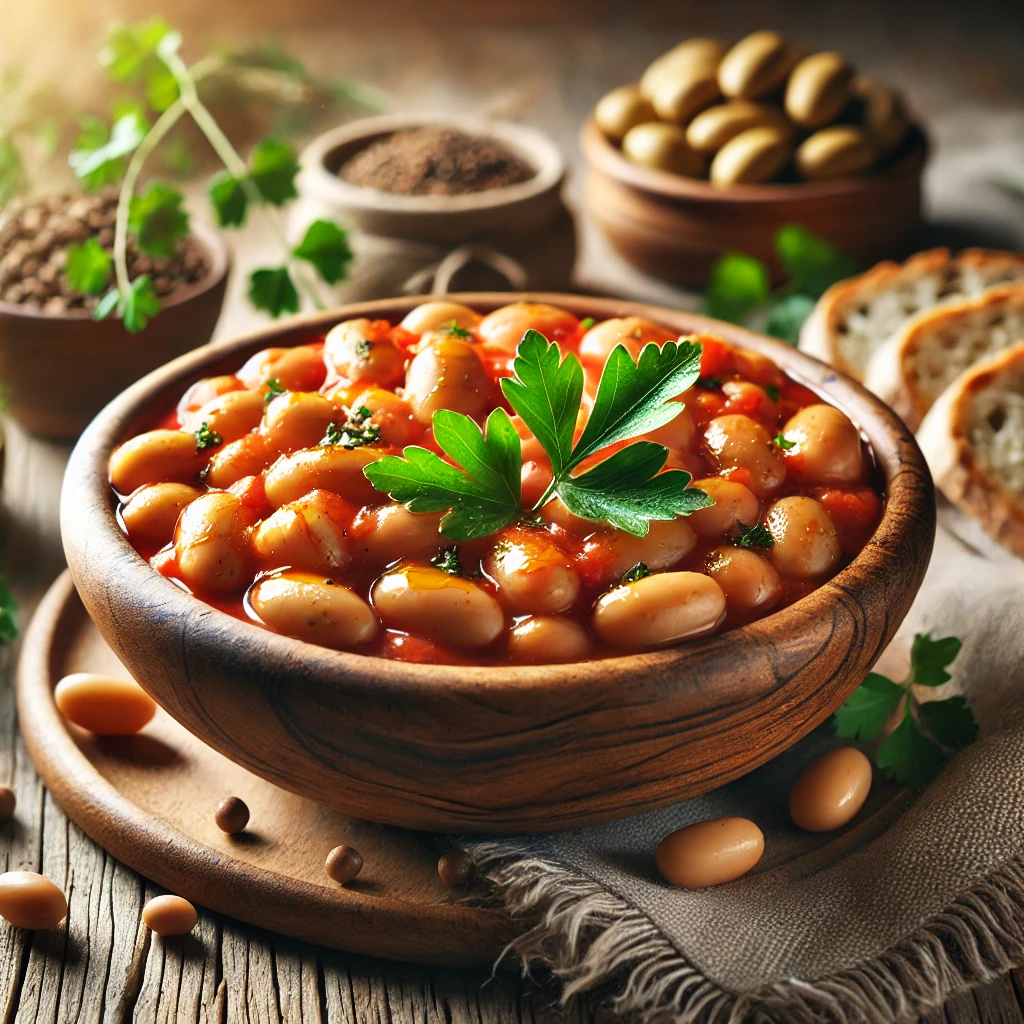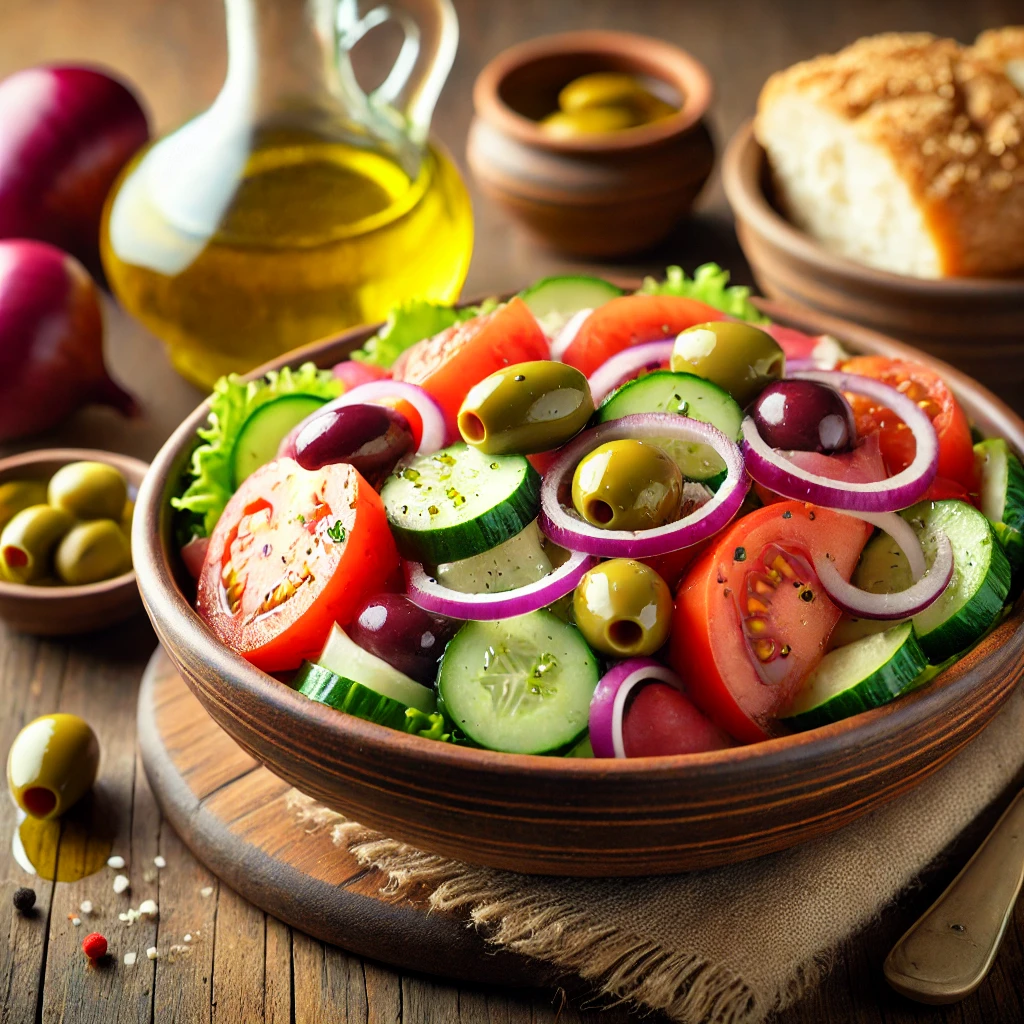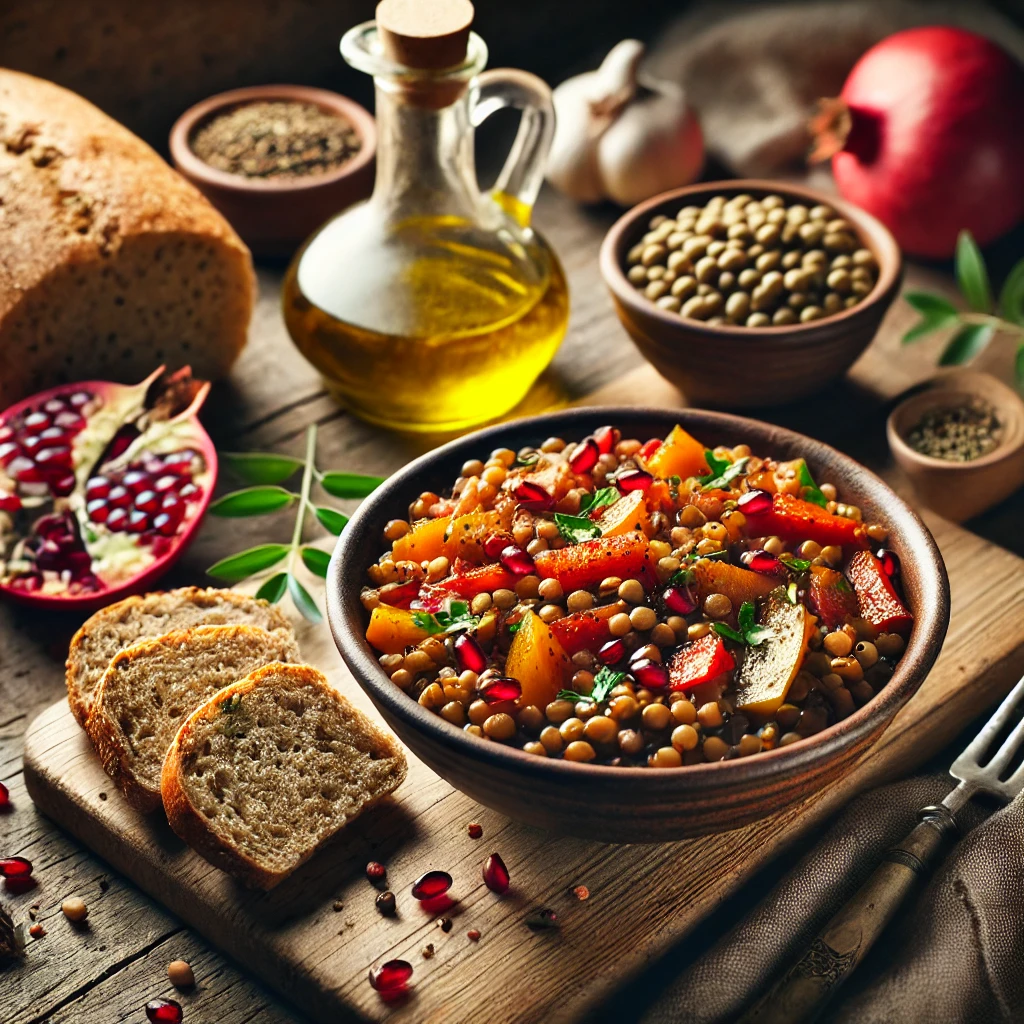
The Greek diet has long been associated with longevity, heart health, and overall well-being. Rooted in whole, unprocessed ingredients, it is a way of eating that nourishes the body while delivering bold, vibrant flavors.
From fiber-rich legumes to heart-healthy olive oil and fresh vegetables and herbs, Greek cuisine showcases the power of whole foods in supporting a balanced and fulfilling lifestyle. This article explores the key elements of the Greek diet and why it is considered one of the healthiest ways to eat.
At its core, the Greek diet is about real food—fresh, seasonal, and minimally processed. It emphasizes natural ingredients that are packed with nutrients and free from artificial additives.

Legumes, such as chickpeas, lentils, and giant beans, are a fundamental part of Greek cuisine. They are an excellent source of plant-based protein, fiber, and essential vitamins that support digestion, heart health, and sustained energy.
Greek dishes often feature legumes as the star ingredient, such as:
Health Benefits: Legumes promote satiety, regulate blood sugar levels, and reduce cholesterol, making them essential for a balanced diet.
No Greek meal is complete without extra virgin olive oil (EVOO), the primary fat source in Mediterranean cuisine. Unlike processed vegetable oils, EVOO is rich in antioxidants and monounsaturated fats, which contribute to heart health and reduce inflammation.
Olive oil is used generously in:
Health Benefits: Studies show that olive oil can lower the risk of heart disease, support brain health, and even reduce the risk of certain cancers.
Greek cuisine relies on seasonal vegetables and aromatic herbs, bringing layers of flavor and nutrition to every meal. Some of the most commonly used vegetables include:
Herbs such as oregano, dill, and mint are essential for enhancing natural flavors while providing health-boosting properties.
Health Benefits: A diet rich in vegetables and herbs supports digestion, reduces inflammation, and provides essential vitamins and minerals.
Whole grains are another staple in the Greek diet, offering fiber, protein, and essential nutrients for long-lasting energy. Some common whole grains in Greek cuisine include:
Health Benefits: Whole grains support digestive health, regulate blood sugar, and keep you feeling full longer.
Nuts and seeds provide healthy fats, protein, and antioxidants, making them an integral part of Greek eating habits. Almonds, walnuts, and sesame seeds are commonly used in both savory dishes and desserts.
Health Benefits: Nuts and seeds support brain function, reduce inflammation, and provide plant-based omega-3s.

The Greek diet is more than just a way of eating—it is a lifestyle centered around balance, variety, and natural nutrition. Here’s how it promotes long-term health:
Whole foods like olive oil, herbs, and vegetables are loaded with antioxidants that fight inflammation, slow aging, and reduce the risk of chronic diseases.
The combination of olive oil, legumes, whole grains, and nuts contributes to lower cholesterol, improved blood pressure, and reduced risk of cardiovascular disease.
The Greek diet provides a balance of macronutrients—healthy fats, proteins, and complex carbohydrates—without relying on processed foods or refined sugars.
Greek food culture emphasizes slow, mindful eating, allowing the body to properly digest food and recognize fullness, reducing overeating.

Adding whole, natural Greek foods into your diet doesn’t require a complete overhaul—start with simple swaps and easy recipes:
By making small changes, you can experience the benefits of the Greek diet while enjoying its incredible flavors.

The Greek diet is a testament to the power of whole, natural foods in promoting longevity, wellness, and vitality. By focusing on plant-based proteins, healthy fats, and seasonal ingredients, it provides the perfect balance of nutrition and enjoyment.Embracing the Greek way of eating isn’t just about health—it’s about savoring food, enjoying community, and living well. Whether you start with a simple legume-based dish or drizzle your meals with extra virgin olive oil, incorporating Greek whole foods into your diet can be an easy and rewarding journey.